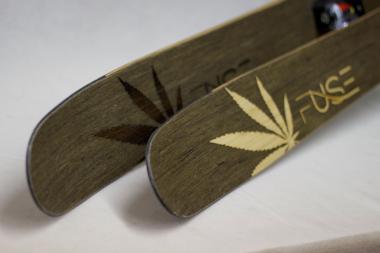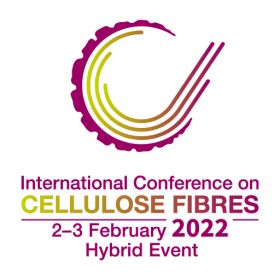KARL MAYER GROUP: Natural fibre composites and knit to shape products at JEC World 2024
At this year's JEC World 2024 from 5 to 7 March, KARL MAYER GROUP will be exhibiting with KARL MAYER Technical Textiles and its STOLL Business
One focus of the exhibition will be non-crimp fabrics and tapes made from bio-based yarn materials for the reinforcement of composites.
"While our business with multiaxial and spreading technology for processing conventional technical fibres such as carbon or glass continues to do well, we are seeing increasing interest in the processing of natural fibres into composites. That's why we have a new product in our trade fair luggage for the upcoming JEC World: an alpine ski in which, among other things, hemp fibre fabrics have been used," reveals Hagen Lotzmann, Vice President Sales KARL MAYER Technische Textilien.
The winter sports equipment is the result of a subsidised project. The hemp tapes for this were supplied by FUSE GmbH and processed into non-crimp fabrics on the COP MAX 5 multiaxial warp knitting machine in the KARL MAYER Technical Textiles technical centre.
The STOLL Business Unit will be focussing on thermoplastic materials. Several knit to shape parts with a textile outer surface and a hardened inner surface will be on display. The double-face products can be made from different types of yarn and do not need to be back-moulded for use as side door panels or housing shells, for example. In addition, the ready-to-use design saves on waste and yarn material.
Karl Mayer Gruppe Karl Mayer Technische Textilien Karl Mayer/Stoll Stoll JEC World
KARL MAYER GROUP










